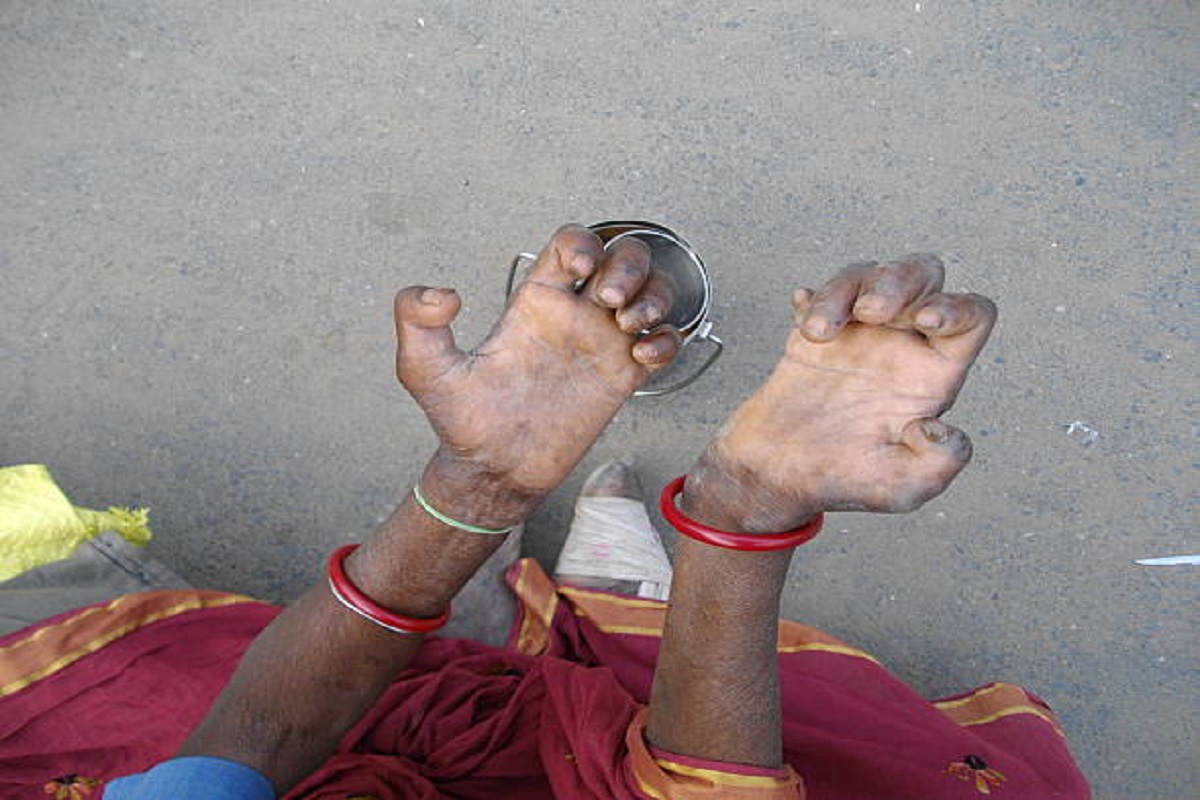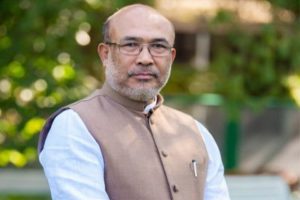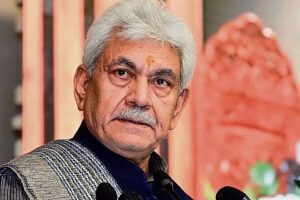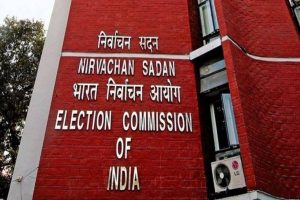In 2005, India declared that it had eliminated leprosy as a public health problem and Odisha leprosy free in 2007 but India continues to account for almost 60 percent of the world’s new leprosy patients, and fresh cases are detected in several districts of Odisha.
According to the National Leprosy Eradication Programme (NLEP) report for 2020-2021, there were 6148 new leprosy cases detected in Odisha, and 421 of these cases were children.
A three-month-long house-to-house survey conducted last year in the state to identify people with Covid symptoms led to the identification of 1,625 confirmed leprosy cases.
In fact, according to the National Health Profile (NHP) released by the Union Ministry of Health and Family Welfare in 2019, the prevalence rate in Odisha was second highest in the country after Chhattisgarh.
The situation is worrying and calls for a renewed fight against the disease to attain the goal of Zero Leprosy by 2030, stated health department sources.
Bijoy Kumar Swain, National Program Manager, Farmed India, said lack of awareness and discrimination has spurred leprosy cases in Odisha. This makes the detection and treatment of the disease challenging.
The COVID-19 pandemic further exacerbated the situation. Guidelines with respect to isolation, social distancing, and initial restrictions on movement created challenges for patients to access healthcare services and the limited active surveillance led to a lesser number of cases being detected, he said.
The availability of treatment that can cure leprosy effectively means that voluntary reporting is important. Vaishali Iyer, Country Head – Communications, Engagement & CSR, Novartis in India said collaborations like the one with WHO are crucial in the fight against leprosy.
In addition to prescribing MDT to patients, approaches such as prophylaxis are being considered to break the chain of transmission and achieve zero leprosies.
Odisha government has designated one trained personnel at each block level who are supporting the health workers for leprosy-related activities. Moreover, Odisha is utilizing its government district hospitals for leprosy surgeries. In most of the other states, the majority of the surgeries happen at private hospitals.











